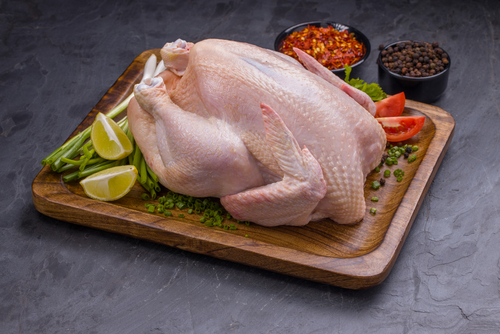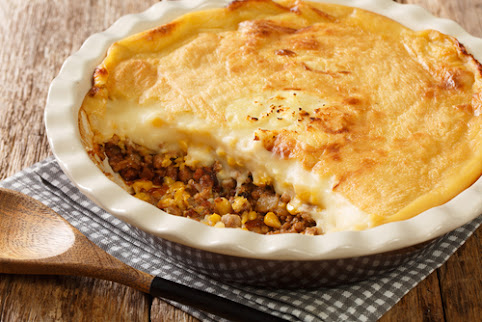What is Dry-ageing, and Why Does it Make Your Steak Taste So Good?
If you're a Fillet steak lover, you know that the taste and texture of your meal can be greatly improved by dry-ageing. But what is dry ageing, and how does it make your steak delicious?
Letting meat age in a controlled environment (usually at a low temperature) gives it a more complex flavour and texture. As we get closer to the holidays, now is the perfect time to experiment with this centuries-old technique!
In this article, we'll explore all the benefits of dry-ageing your beef and explain what happens during this process in detail. So, whether you're in the market for a new restaurant experience or want to get the best out of your backyard steaks, read on to learn all about dry-ageing!
What is Dry Ageing?
Dry-ageing stores meat, typically beef, in a controlled environment where the moisture content is slowly reduced, creating a flavourful and tender steak. The result is a steak mellowed out, giving it a deeper flavour and a more intense aroma.
How Does It Work?
Dry ageing stores meat in an environment devoid of moisture, allowing the meat to develop a robust, complex flavour profile. ageing meat in this way can give it a more intense flavour and better texture than if stored in a moist environment.
The dry ageing process begins by removing all the moisture from the meat. This is done by either using a vacuum chamber or placing the meat in an airtight container. The goal is to reduce the moisture content of the meat to below 10%.
Bacteria
form during the ageing process, and their presence enhances the flavour profile
of the meat. The benefits of dry ageing are clear: it results in greater
complexity and intensity of flavour and improved texture. This is why many
experts believe that dry ageing is one of the best techniques for improving the
quality and taste of meats.
How Does Dry-Aged Beef Not Spoil?
Meat that is aged in a controlled environment will not spoil. Three key factors help prevent this: air flow, humidity, and temperature control.
Airflow is important because it helps form a crust on the meat, slowing the decomposition process. Humidity control is critical because it prevents moisture migration and keeps natural juices from running out. Temperature control is necessary to prevent spoilage. If the meat reaches an undesirable temperature, bacteria will start to grow.
Try Tariq Halal Meat Today!
Turn to Tariq Halal Meats for high-end, all-natural,
grass-fed lamb leg steaks in your choice of size and cut. They are ready to
cook with only a quick splatter from your oven or grill.




Comments
Post a Comment